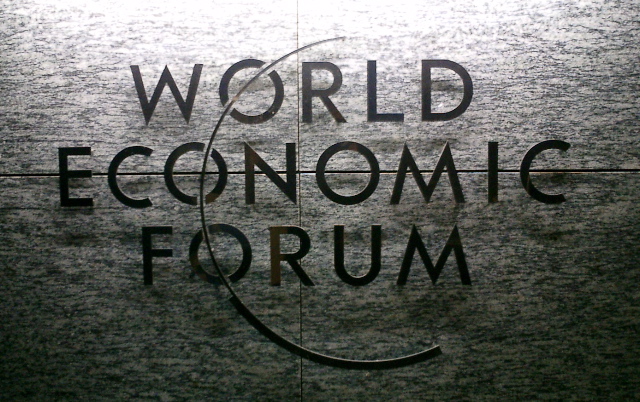Grim economic realities stalk global markets
 Berlin - Global shares are facing the run-up to a grisly end to the week as the prospects of a deep and protracted recession looms large over world financial markets.
Berlin - Global shares are facing the run-up to a grisly end to the week as the prospects of a deep and protracted recession looms large over world financial markets.
After rising sharply earlier in the week on a sense of optimism triggered by coordinated government crisis management plans, share markets were engulfed Thursday by renewed turbulence amid fears about the economic fallout from a financial crisis that could last well into the new year.
"We are facing the mother of all recessions," said Rob Carnell, economist with ING Bank in London as political leaders and economists warn that the global economy was now confronting its greatest challenge since the Depression.
The world's financial markets have already entered what is likely to be a very bleak third-quarter corporate reporting season with many companies cutting dividend payouts.
The market focus has already switched from scanning the fine print of government rescue plans to the grim realities confronting the world economy with investors gearing up for a stream of reports in the coming weeks illustrating how the recession is taking hold.
This is likely to be made even worse because many analysts have so far failed to adjust their earnings and growth forecasts to the financial crisis that has been slowing emerging over the last
15 months and which only now seems to have come to a head.
Indications have emerged of a thawing in frozen global credit markets which have been at the heart of the financial crisis unleashed last year by a surge in defaults in risky subprime US mortgages.
But as a further sign that the global economy is on a downward spiral, the oil price has continued to fall in recent days on expectations of a drop in demand as the global economy enters a sharp slowdown.
By late European trading Thursday, the oil price had fallen 1.5 per cent to 73.41 dollars a barrel.
In July, the oil price was heading towards 150 dollars a barrel with falling energy costs likely to help ease inflationary pressures and give central banks further scope for cutting interest rates.
In the meantime, however, global stocks are likely to be hit by big swings in the coming months as investors attempt to seize up the depth and length of the downturn.
Two days after hitting an historic high on optimism created by concerted government action to deal with the crisis, the New York stock market lurched into its biggest fall since the 1987 share crash as economic gloom took over.
After plummeting Thursday on bleak US retail sales figures, global share markets took some heart later in the day from better-than- forecast jobless data before weak industrial production data again undercut stock prices.
Some analysts now believe that a sense of normality will not return to world markets until a next president is installed in the White House in the new year.
As a reminder of the turmoil ahead for investors as the latest company reporting season unfolds around the world, US banking giants Citigroup and Merrill Lynch also posted Thursday another round of quarterly losses.
To make matters worse, analysts believe many earnings projections are still too optimistic with some even predicting double-digit profit growth for 2009 which analysts say is wildly out of kilter with a dramatically slowing global economy.
The same is true of economic growth. Despite signs that the US economy is tanking, the current consensus among economists is that the world's biggest economy will grow next year by about
1.4 per cent.
Many economists, however, now believe a more realistic growth figure would be 0.3 per cent with Carnell saying the global economy could be facing feeble growth possibly through to 2010.
The same is true for the 15-member eurozone. While the consensus is for the currency bloc to grow by 0.9 per dent in 2009, economists are now starting to pencil in a 0.5 per cent expansion rate next year for the economy built around the euro.
On Thursday, the government in Berlin warned that Germany was on the brink of recession, slashing its 2009 growth forecast for Europe's biggest economy to a feeble 0.2 per cent.
As the world's leading export nation, Germany is particularly vulnerable to a slump in exports resulting from slowing growth. (dpa)